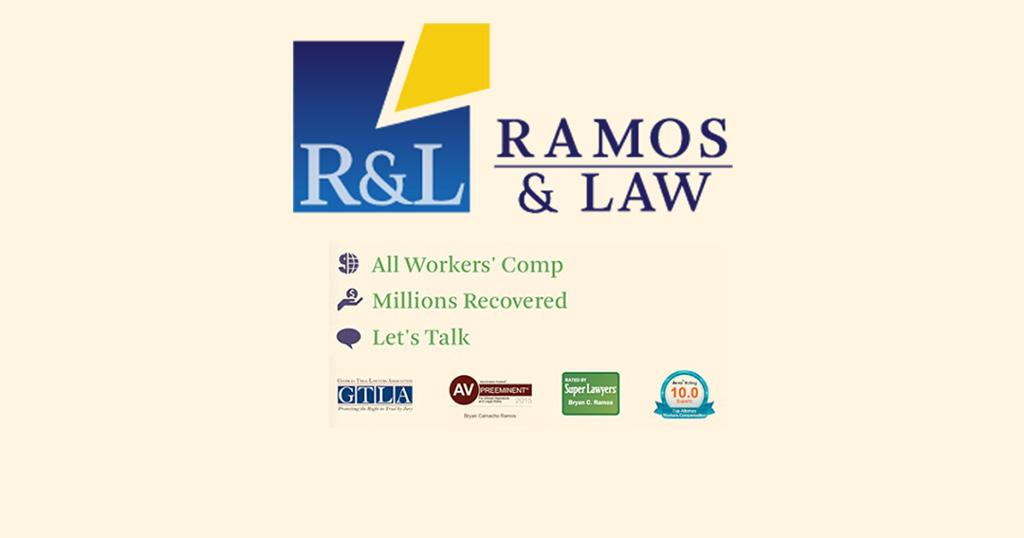
The first question in a workers’ compensation claim is whether the injured person is in fact an employee and not an independent contractor. This is generally determined by the level of “control” the Employer has over the injured worker. The more control, the more likely an employment relationship exists. Presuming the injured person is an employee, the law provides that an “injury by accident arising out of and in the course of employment” shall be considered a workers’ compensation injury. O.C.G.A. § 34-9-1(4). Hence, the Employee must show that she suffered an (i) injury by accident; that (ii) arose out of employment; AND was (iii) in the course of employment. To be successful, the Employee must meet all three prongs.
The term “injury by accident” is very broad. Essentially, the Employee must have suffered an initial physical injury that was not intentionally inflicted. The term “arising out of employment” has been interpreted to refer to the causal relationship between the work and the resulting injury. Moreover, the term “in the course of employment” refers to time, place, and circumstances under which the accident took place. These terms are not interchangeable. Lee v. Middleton Loggin Co., 198 Ga. App. 585 (1991).
If you were working and you get hurt on the job, please contact Ramos & Law.
